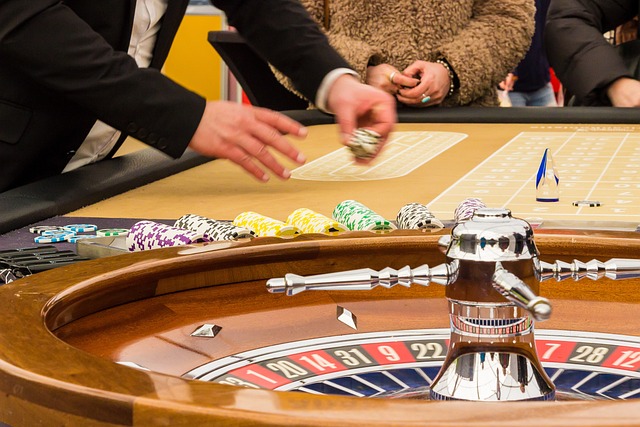People all over the world have superstitious beliefs that something lucky or unlucky will happen based on certain actions or numbers. These beliefs often affect how people place their bets. Whether it’s in sports, casinos, or games, superstitions can play a big role in how people make their choices.
Sports Betting and Superstitions
In sports betting, superstitions are common. For example, in Italy, many people avoid betting on the number 17 because they believe it’s unlucky. This is because, in Roman numerals, 17 is written as XVII, which can be rearranged to spell “VIXI,” meaning “I have lived” a phrase linked to death. Because of this, Italian bettors often stay away from this number.
On the other hand, the number 7 is considered lucky in many cultures. People might choose to bet on teams or players associated with the number 7, hoping it will bring them good luck. Similarly, in China, the number 8 is seen as very lucky because it sounds like the word for “wealth” or “prosperity.” Chinese bettors often place bets that include the number 8, believing it will lead to success.
Casino Games and Superstitions

Superstitions are also strong in casino games. Many gamblers have lucky charms or follow certain routines they believe will bring them good fortune. For instance, some players might always wear the same piece of clothing when they gamble or perform a specific action before placing a bet.
In games like the Aviator game, where the outcome is uncertain, superstitions can guide a player’s decisions. Some players might decide when to cash out based on a feeling or a belief that a certain action will lead to a better outcome. Even though these beliefs aren’t based on logic, they give players a sense of control in a game that’s mostly about chance.
Cultural Beliefs in Betting
Different cultures have different superstitions, and these beliefs often influence how people bet. In Japan, for example, the number 4 is avoided because it sounds like the word for “death.” Japanese bettors might steer clear of bets involving the number 4 to avoid bad luck.
In Western cultures, the number 13 is often seen as unlucky. This belief can affect how people place their bets in sports, lotteries, or even in casino games. Many people avoid betting on anything related to the number 13 because they believe it could bring bad luck.
Superstitions can also guide positive betting strategies. In some cultures, people perform rituals to attract good luck. For example, some gamblers believe that entering a casino with their right foot first, or touching a lucky object, can help them win.
The Comfort of Superstitions

For many bettors, superstitions provide comfort. Betting involves uncertainty, and these beliefs give people a sense of control over what might happen. Even though superstitions don’t have a scientific basis, they can make people feel more confident and less anxious when they bet.
Whether or not these superstitions actually change the outcome of a bet, they are important to the people who believe in them. Across the world, superstitions continue to play a big role in how people bet, adding a layer of tradition and belief to the experience.
As long as there are games of chance, superstitions will likely remain a part of the betting world. People will continue to rely on their lucky numbers, rituals, and charms, hoping that these beliefs will give them an edge.



